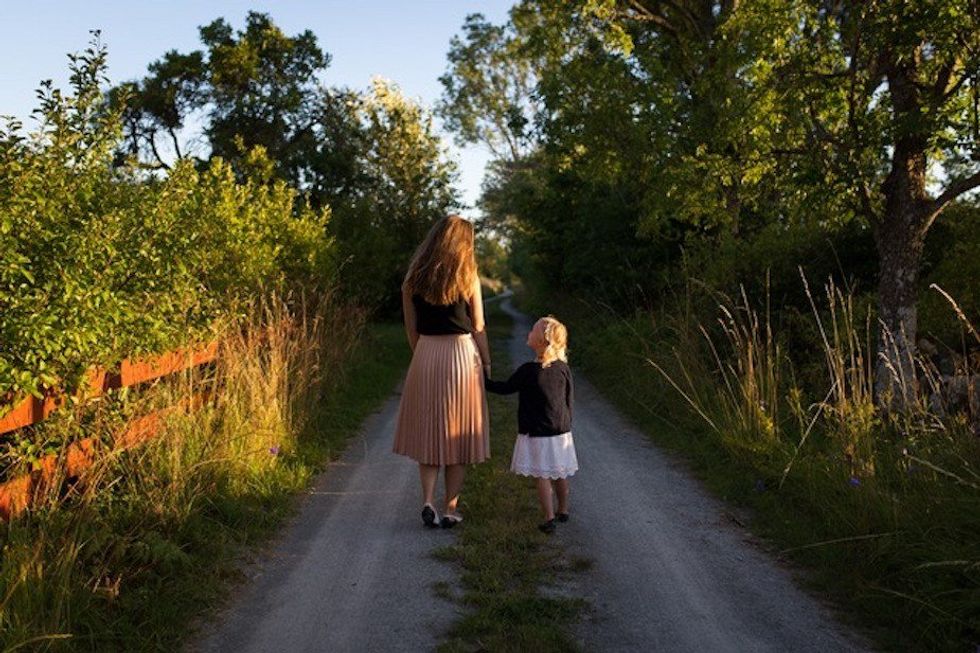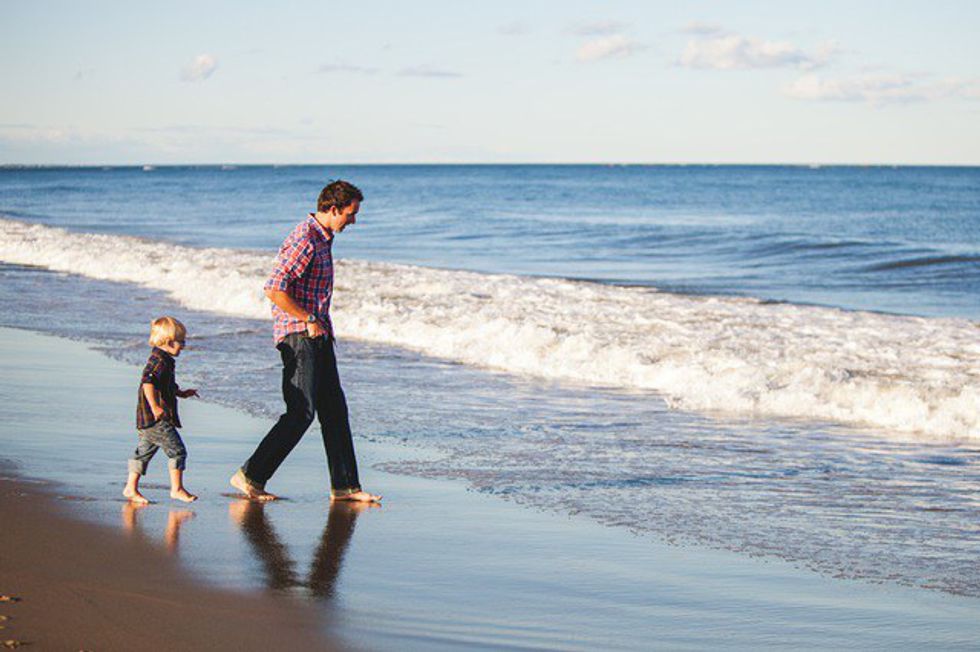I love self-help books.
It’s embarrassing… but I’m, like, drawn to them. It may be the natural counselor in me. I’ve read: French Women Don’t Sleep Alone: Pleasurable Secrets to Finding Love; Succulent, Wild Women: Dancing with Your Wonder-Full Self; Radical Self-Love: A Guide to Loving Yourself and Living Your Dreams; and my most recent late night Amazon purchase, Codependent No More: How to Stop Controlling Others and Start Caring for Yourself.
I got this book for a couple of reasons. First, the issue of codependency comes up again and again in my work as a counselor at Sanford House. Codependency is strongly linked to substance abuse. So much so, in fact, psychologists have developed theories to address it specifically.
Second, I am an adult child of an alcoholic (ACOA). I see signs of codependency in my interactions with others all the time. I recently started a new relationship with a pretty neat someone, and I don’t want my issues with codependency to poison the waters.
So I decided to fix it.
(According to my book, one trait of ACOA's is an overdeveloped sense of responsibility.)
ADDICTION IS MY PROBLEM, NOT THEIRS
The effects of addiction stretch farther than the addicted individual alone. Addiction affects an individual’s friends, co-workers, barista… And addiction touches all members of a household, including the dog. Addicted behaviors are particularly impactful on little ones. Little ones developing ideas about the way the world works, and the way a family should function.
We can forget (often and easily, I think) that kids see EVERYTHING. Kids aren’t oblivious bystanders, they pay attention to absolutely everything we do and say. It’s their job after all, they are programmed to watch and copy.
So what effects do our addictive behaviors have on our tiny buddies?
CHILDREN OF ALCOHOLICS (COA’s)
Like our reaction to most stimuli, COA’s may respond to parental addiction externally or internally. Examples of external symptoms include rule breaking, aggression and impulsivity. Internal responses look more like anxiety and depression. It’s important to remember these behaviors may have roots in indirect effects of addiction. For example: Dad’s substance use may not be the reason Marilyn is fighting with girls at her school... Rather, Marilyn is a witness to domestic violence (and pattern of physical solutions to anger, conflict) spurred by Dad's drinking.
Make sense?
ADULT CHILDREN OF ALCOHOLICS (ACA’s)
And then those externally or internally responding kiddos grow up to be adults. Adults in marriages, adults performing professional duties, adults parenting children. There is an entire organization, like AA, dedicated to supporting adult children of alcoholics. Appropriately named Adult Children of Alcoholics, or ACA. The organization’s website has a myriad of resources including meetings, literature, counselors, etc. And they define codependency in the following ways:
- My good feelings about who I am stem from being liked by you.
- My good feelings about who I am stem from receiving approval from you.
- Your struggle affects my serenity. I am focused on solving your problems/relieving your pain.
- My mental attention is focused on you.
- My mental attention is focused on protecting you.
- And manipulating you to do it my way.
- My self-esteem is bolstered by solving your problems.
- My self-esteem is bolstered by relieving your pain.
- I put my own hobbies/interests to one side. My time is spent sharing your hobbies/interests.
- Your clothing and personal appearance are dictated by my desires and I feel you are a reflection of me.
- You are a reflection of me. Your behavior is dictated by my desires.
- I am not aware of how I feel. Only how you feel.
- I am not aware of what I want – I ask what you want. I am not aware – I assume.
- The dreams I have for my future are linked to you.
- My fear of rejection determines what I say or do.
- My fear of your anger determines what I say or do.
- I use giving as a way of feeling safe in our relationship.
- My social circle diminishes as I involve myself with you.
- I put my values aside in order to connect with you.
- I value your opinion and way of doing things more than my own.
- The quality of my life is in relation to the quality of yours.
Do any of these statements resonate with you? They resonate with me. Nearly all of them, in fact.
Especially that first one. My good feelings about who I am stem from being liked by you. Damn. That’s heavy! And so damaging...
I like this list because it does a good job of describing the experience/concept of codependency. A word, much like “bipolar,” that a lot of people use but few use correctly. Codependency isn’t about an individual’s preference for company. It’s about placing your self-worth, energy, and soul into another person with the assumption that it will help you to define and be your best self.
Does this describe you? Your kiddos? Never underestimate the weight your natural and unconscious behaviors and interactions hold. So much information there.
*There are a number of wonderful articles written on this topic. If this subject is important or interesting to you, I encourage you to spend some time researching. Knowledge is power! I’ve taken my information from a 1997 article called, Psychological Characteristics of Children of Alcoholics by Kenneth J. Sher, Ph.D. It comes out of Missouri. It’s a bit dated, but still good.























